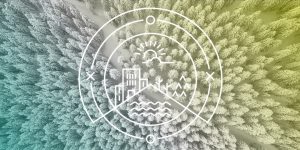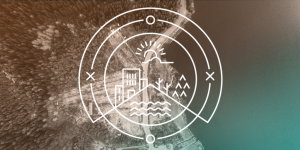First time organized WeSeaChallenge succeeded great!
WeSeaChallenge idea competition aimed to produce novel solutions for supporting the sustainable planning and monitoring of marine environment by applying Copernicus-based satellite data used together with other sources of information. The idea competition was aimed to higher education students and other diverse talents around the Baltic Sea inspired by science, business, technology, design, communications, or merely of personal interest. The competition climaxed with the Demoday that was held on 4 December in Turku.
The actual WeSeaChallenge challenges were provided by associated partners:
- Sustainable aquaculture by Nordic Trout Ab and Suomen Kalankasvattajaliitto ry: Environmentally friendly operation of fish farming requires up-to-date data. The challenge was about to propose a way to collect, analyze or react to changing environmental conditions and impacts of fish farming operations.
- Sustainable urban planning by the City of Uusikaupunki: Prototype or a concept addressing one or several of the following topics were looked after: Monitoring the water quality in selected coastal areas, Information feeds for land use and planning and Sharing the information with citizens and other stakeholders.
- Clean, productive and shared Baltic Sea Region by the Baltic Sea Challenge and Turku Science Park Ltd: Coordination of the wide Baltic Sea Challenge network activities and shared knowledge about the state of the Baltic Sea by pointing out the critical areas, the BSC members and their activity areas and tools for effective communication of important areas were at the focus.
Eight teams developed their ideas and worked their way to the finals and pitched their solutions to one of the above mentioned challenges on 4 December in Turku. All participating teams were provided with technical and challenge-related consultations and training along the way by the organisers and associated partners. In addition, the Sofokus Ltd and the Lounaistieto/Regional Council of Southwest Finland provided technical assistant for the teams. Many other experts were also sharing their knowledge and inspiration in various events during the idea competition and in working at the Jury. The idea competition took place from October to start of December. Events and trainings were mainly organised in Turku, partly also in Helsinki as well as online.
Results
The winning proposals tackled among others the challenges by providing more reliable monitoring data as well as easy visualisations of the relevant data for the operations. They were all made by higher education teams and awarded as following:
- Challenge 1: Tech Trout, University ot Turku — 4000 EUR
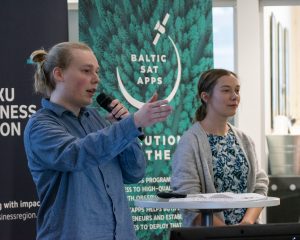
Two other teams targeting this challenge were also invited to continue to the coming SpaceUp Acceleration Programme for startups and aspiring entrepreneurs by the Turku Science Park Ltd
- Challenge 2: Vaasa team without name, University of Vaasa — 2000 EUR
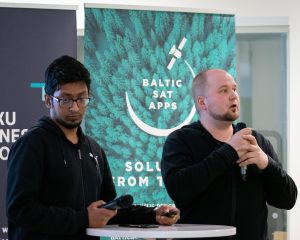
- Challenge 3: BalticConnect, Aalto University — 2500 EUR
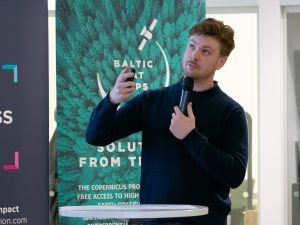
The WeSeaChallenge was organised like this the first time, but was considered to be a successful operations model to connect the real life challenges, innovative teams and Copernicus-based satellite data to find nouvel solutions for further development. WeSeaChallenge was organised by the Turku Business Region as the main organiser, in cooperation with the University of Turku and the Finnish Meteorological Institute, and was part of the BalticSatApps project (Interreg Baltic Sea Region Programme 2014–2020).

